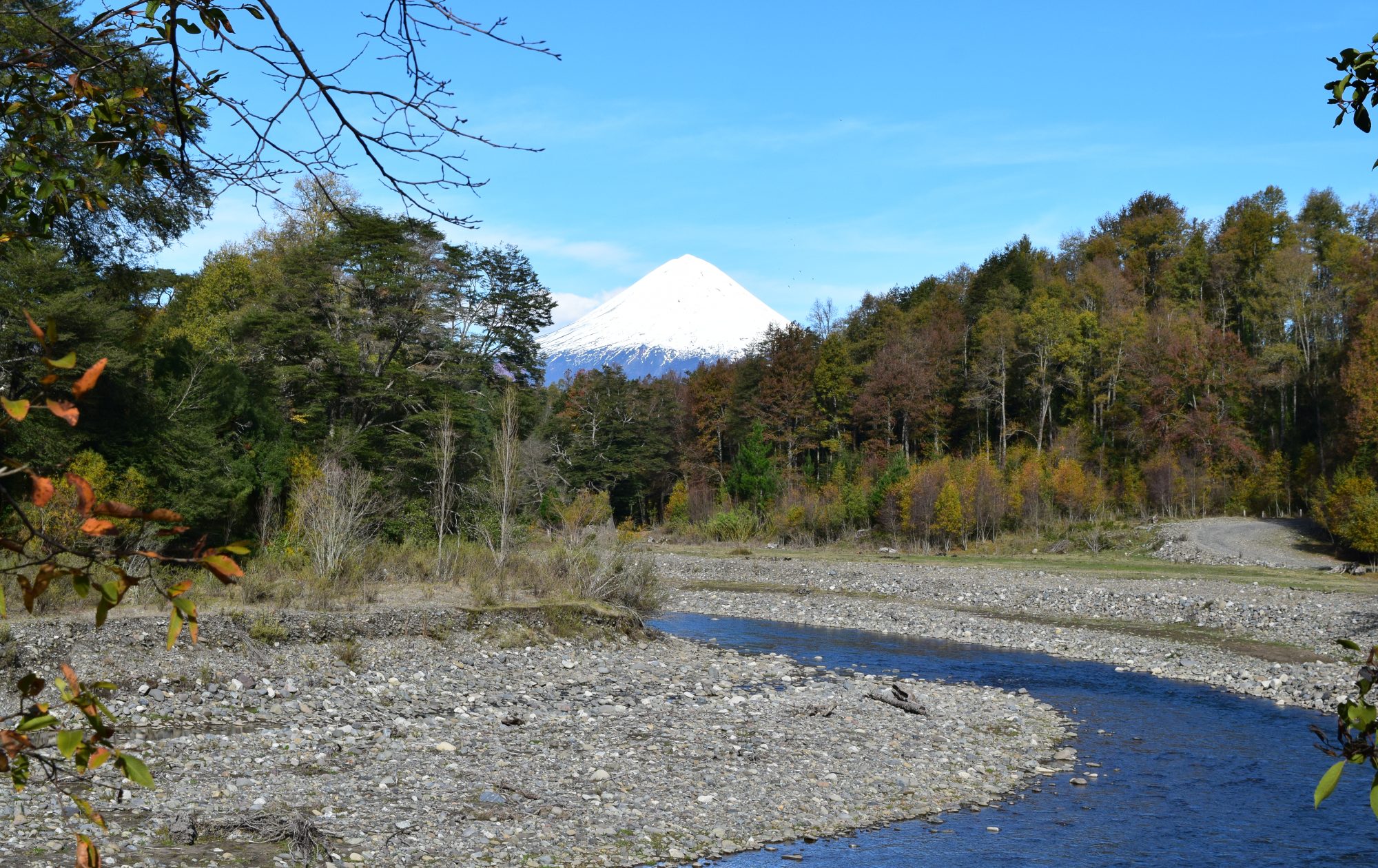The effects of climate change can result in changes to livelihoods, human settlements, land use patterns and tenure systems. These changes and variations will demand greater resilience and adaptive capacity from local resource users. Moreover, climate change impacts coupled with current stresses on the environment from past human land use, development, and pollution threaten the survival and recovery of some ecosystems. When it comes to adapting to climate change, land tenure is a significant issue, particularly in places where land disputes are already a major source of conflict. Particularly in Chile, where land tenure and governance are unclear and conflicts remain active across the ancestral territories of Indigenous communities, a change in policy is definitely necessary from a climate change development point of view. Considering the difficulties that Western science and policy-making have in dealing with complex environmental problems such as climate change, any insights about it that can be gained from Indigenous knowledge are of huge potential interest. If we consider that human activity happens at a much smaller scale and is shaped by the local climate, landscape, and community features, embracing social, cultural, economic, and political factors, Indigenous peoples have much to contribute, and teach us, about climate change effects, and about attempts to respond to, and cope with, climate change at both global and local levels. So, in this context, this study is collaborating with Mapuche communities to understand how people with a livelihood affected by the constant conflict with forest companies, and other private landholders, adapt to the impacts of a changing climate in a way to secure their survival and their culture.
Watch this video to learn more:
